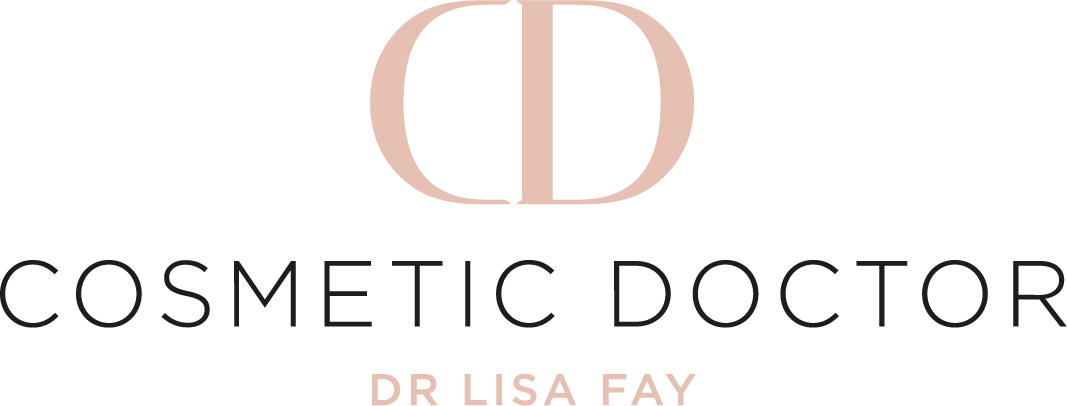There isn’t any one causal factor; but acne occurs when the sebaceous glands are awakened during puberty and begin to produce skin oils in earnest, stimulated by the hormones from the adrenal glands of boys and girls alike.
Adult Acne is more difficult to combat, as the hormone imbalances causing excess sebum may require a multi-pronged approach. Cosmetic Doctor may recommend several treatments and prescribe medication to work comprehensively in combatting your adult acne.
What Happens in an Acne Breakout
In an acne breakout, cells close to the opening of the sebaceous glands block the opening and trap the sebum (oil) underneath the skin, causing a build-up. Bacteria that reside harmlessly in the skin begins to feed on it; multiply and causes a breakout as the surrounding tissues become inflamed.
Depending on the location of the inflammation, you’ll see one of the following on your skin.
Pustule: when the inflammation is near the surface
Papule: otherwise known as a pimple; this happens with a deeper inflammation
Whitehead: when the oil breaks through to the surface of the skin
Blackhead: when the oil becomes oxidised by the air and turns black.
Acne Myths
None of the following are responsible for causing acne-at least not alone.
- Heredity: With the exception of very severe acne, most people do not have the problem exactly as their parents did. Almost everyone has some acne at some point in life.
- Food: All over the world, parents tell teens to avoid pizza, chocolate, greasy and fried foods, and junk food. While these foods may not be good for overall health, they don’t cause acne or make it worse.
- Dirt: Some individuals have more “oily” skin than others (as mentioned above, “Blackheads” are oxidized oil, not dirt). Excessive washing can dry and irritate the skin, causing over production of the very oil you’re trying to control.
- Hormones: Some women break out cyclically, but most women (and men) don’t. Some oral contraceptive pills may help relieve acne, but unless a woman has abnormal menstrual periods and excessive hair growth, it’s difficult to pinpoint the role hormones play in causing acne.
- Cosmetics: Most cosmetic and skin care products are not pore-clogging (“comedogenic.”) Of the many available brands, those which are listed as “water-based” or “oil-free” are generally a better choice.
In some patients, contributing factors may be:
- Pressure: In some patients, pressure from helmets, chinstraps, collars, and the like can aggravate acne.
- Drugs: Some medications may cause or worsen acne, such as those containing iodides, bromides, or oral or injected steroids (either the medically prescribed prednisone or the steroids bodybuilders or athletes take). Most cases of acne, however, are not drug-related.
Call Cosmetic Doctor to book your consultation and have your skin assessed to get the best treatment plan for you. You can fight acne, reduce acne scarring, and rebalance your skin. Call 01 685 3100 for further details.
